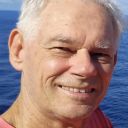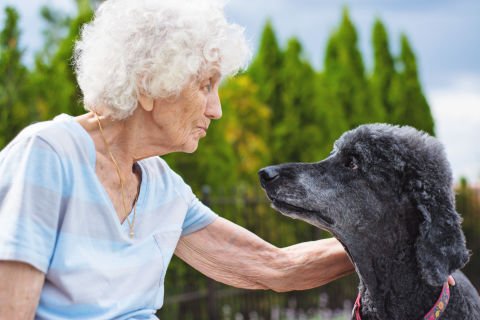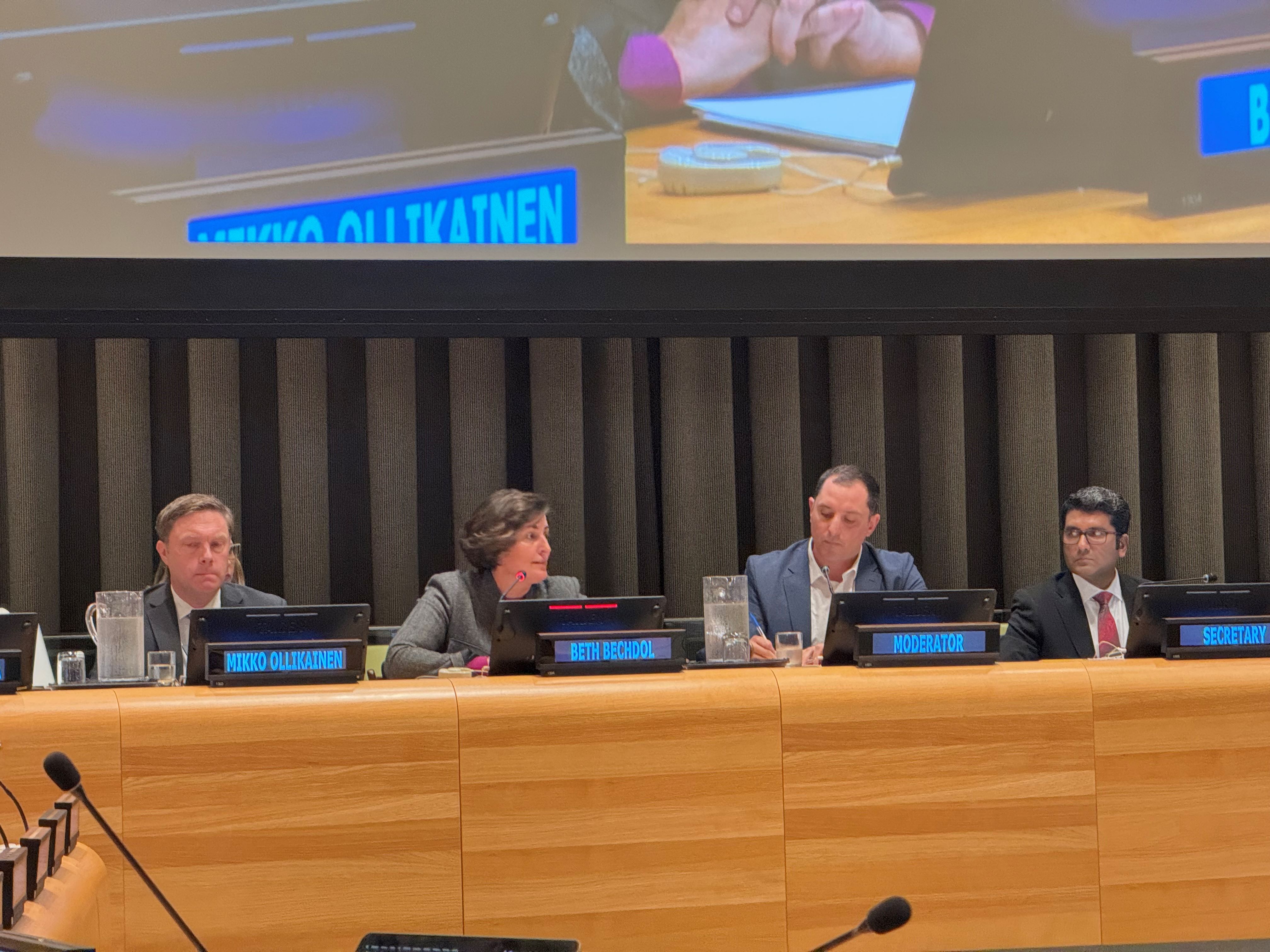Karma, paying it forward, what goes round comes round, do to others what you’d have them do to you … this popular wisdom encourages us to be kind to others while at the same time satisfying our more selfish demand of “what’s in it for me?”.
Now science is confirming the healing power of goodness and kindness, not just for the person we’re helping but also ourselves.
A new book, The Biology of Kindness: Six daily choices for health, well-being, and longevity, scientifically unravels the impact of being kind on our bodies and lifespan, as well as the effect of four other traits and behaviours: optimism, forgiveness, gratitude, and happiness.
Authors, Immaculata De Vivo, a researcher in molecular epidemiology, and Daniel Lumera, a meditation specialist, roll out evidence including a 2011 pilot study that looked at the impact of an eight-week program of exercises based on kindness, optimism, and gratitude, on people who had been hospitalised for cardiovascular diseases.
The participants performed and recorded acts of kindness, such as noting positive daily events, giving a compliment, helping with a chore, or buying small gifts.
Out of 30 patients, 23 showed signs of clinical improvement.
This is a tough question and the book explains it in greater detail, but it includes “spiritual” well-being. The book shows that the positive nature of active kindness has a clear and direct impact on physical health, helping to buffer premature ageing and decrease the incidence of chronic disease.
Volunteering our time and talent for others is regarded as kindness when it produces positive feelings. One study found that volunteering later in life might reduce the risk of developing dementia.
The book suggests there are five essential values – kindness, optimism, forgiveness, gratitude, and happiness – and six strategies we can use to cultivate them, leading to longer and happier lives: physical activity, nutrition, meditation, relationships, music, and connection with nature.
Scientifically, it’s all about the length of your telomeres – protective caps at the end of chromosomes. As we grow older, telomeres shorten and become less of a safeguard against disease. De Vivo studies telomere length and susceptibility to disease, particularly some cancers.
Bad health habits such as smoking or living a sedentary lifestyle accelerate the shortening of telomeres. Similarly, good nutrition and physical activity reduce the rate of telomere shortening.
A 2018 Brigham Young University study analysed DNA samples and the daily fibre intake of more than 5,000 US adults and found an increase of 10 grams of fibre per thousand kilocalories corresponded to 5.4 fewer years of cellular ageing.
The finding also confirms a known rule for healthy eating: that plant food is a good source of dietary fibre.
Stress is a great enemy of telomeres, De Vivo writes, because it involves an oxidative process and a state of inflammation, both of which promote telomere shortening.
Improving our ability to be happy, optimistic, forgiving, grateful, and kind helps us cope with stress, De Vivo and Lumera emphasise.
Ways to cultivate these qualities include:
Stop sweating the small stuff
Let go of grudges
Practise meditation.
Meditation, we are assured, may not come naturally but can be learned, for example with the help of an expert, discipline, and some lifestyle changes.
The authors go on to explain that advanced practitioners of meditation experience the feeling of oneness with all living things.
One reviewer questions the authors’ reliance on ageing biomarkers but believes the overarching message of the book still holds good: by cultivating positive behaviours and tweaking our lifestyles, we can lead healthier, happier lives. Whether those behaviours hold the key to longevity is another question.
Related reading: New Scientist, The Biology of Kindness









